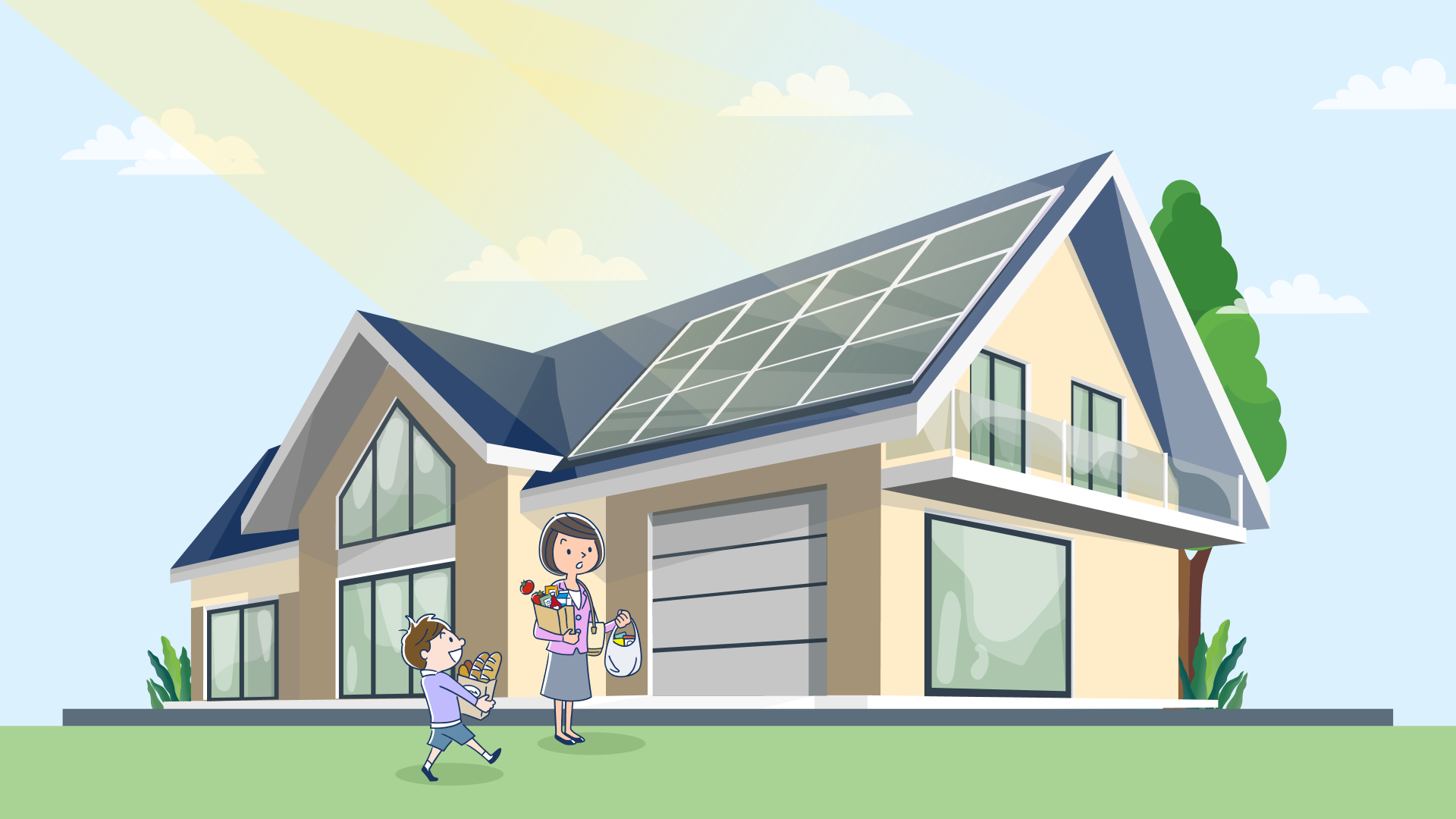Time to read : 4 Minutes
It’s that time of year again when the temperature plummets, the days are shorter and the nights are longer. But you can still keep toasty warm and save money on your energy bills.
We’ve put together a guide of easy and effective ways to boost your home's energy efficiency this winter.
Quick fixes for immediate savings
Tune-up your home heating system
Before it’s too late, check sure your heating system is running smoothly. When did you last service, replace or fix your heating system or hot water heater? Ensure any reverse cycle systems have clean filters to keep everything running efficiently, and cleanly.
Invest in a smart thermostat
A smart thermostat can save you a lot on energy bills. It adjusts the temperature based on your daily routine and the weather, so you only use energy when you need it. Set it to lower the heat when you're sleeping or not at home. Bonus tip: if smart thermostats seem a bit pricey, a good rule of thumb is to keep your heating system set to 20 degrees or less. For every degree that it’s set higher, it can increase heating costs by around 10%.
Stop draughts
Draughts can really hike up your heating bills. Use weather-stripping and caulk to seal gaps around doors and windows. It's a simple fix that can make a big difference.
Use blockout curtains
Blockout curtains are great for keeping your heat in. Open them up during the day to let in some sunlight, and close them at night to keep your warmth from escaping.
Adjust your water heater
Set your water heater to 60°C to save on energy. If you have an older model, wrap it in an insulating blanket to reduce heat loss. If you’re going away, lower the temperature while away.
Investments for long-term savings
Upgrade your windows
If you have old, single-pane windows, consider upgrading to double-glazed or energy-efficient windows. These help keep your home warm in the winter and cool in the summer, saving you money all year-round.
Improve home insulation
Good insulation is key to maintaining your home's temperature. Check and upgrade the insulation in your attic, walls, and floors. It will keep your home comfortable and reduce your heating and cooling costs.
Install solar panels
Winter is a great time to plan for solar panels. They can generate your electricity, reduce your energy bills, and you can take advantage of government rebates and feed-in tariffs. Installers are also less busy during the winter time.
Install a heat pump
Heat pumps are efficient for both heating and cooling your home. They work well in moderate climates, making them perfect for many parts of Australia.
Save money and the planet
Being energy efficient not only cuts down on your bills, but it also helps the environment. By making these changes, you’re reducing your carbon footprint and promoting a healthier planet.
Take advantage of incentives
Look into community programs and government incentives for energy-efficient upgrades to your home. Many local governments offer rebates for things like insulation, energy-efficient windows, and renewable energy systems.
Keep up with maintenance
Regular maintenance of your home’s energy systems is important in keeping your energy costs down. Clean your solar panels, service your hot water, air conditioning and ventilation systems regularly, and check your home’s exterior to prepare for winter.
Your energy efficiency checklist:
service your heating system
install or set up a smart thermostat
seal draughts around windows and doors
use blockout curtains
adjust your water heater for efficiency
review your energy provider.
Bottom line
The sooner you follow these simple steps, the quicker you can keep warm and save money. Start with easy fixes and plan for bigger investments that will pay off in the long run.
Let this be the start of a more energy-efficient and sustainable home – one that actually saves you real dollars.
